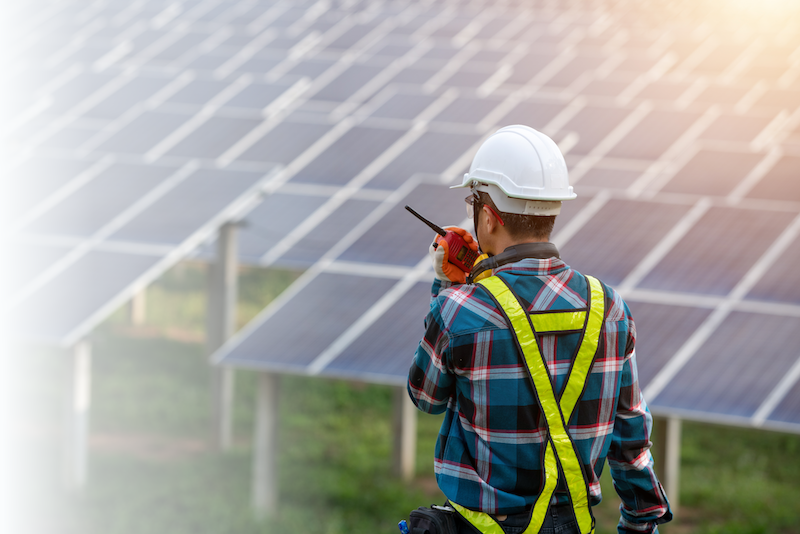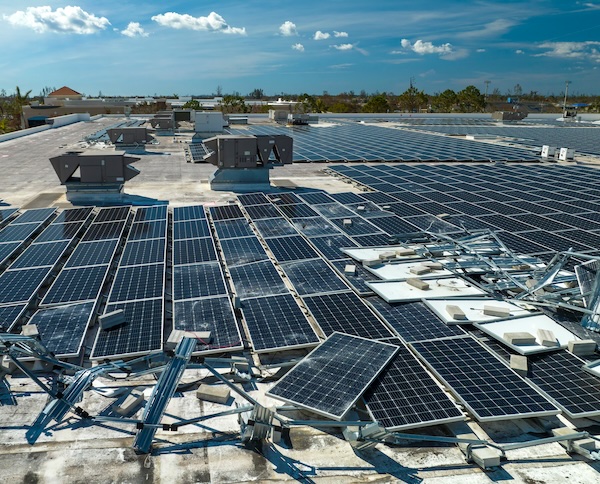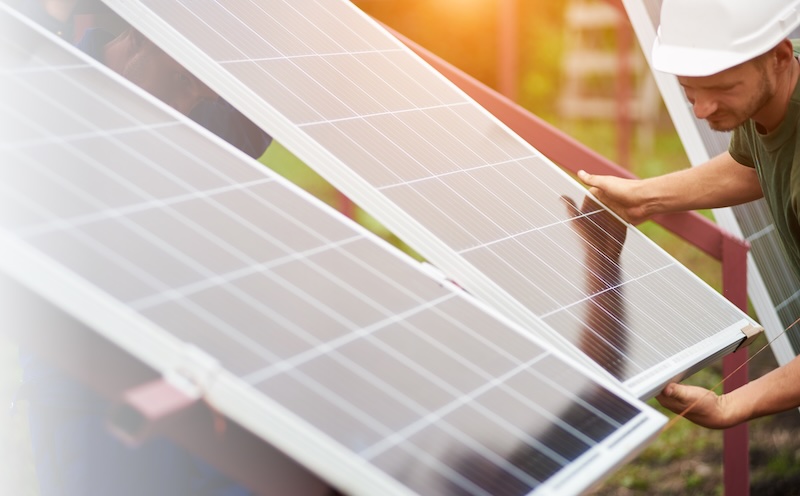what we do
The acquisition of plants by Adoria Partners has as its main objective to improve both technological and economic efficiency. This process not only involves upgrading existing equipment, but also picking the right technology to increase production efficiency per unit of time.
In addition to modernizing technological systems, Adoria Partners also implements measures to optimize revenue streams, thus increasing profitability.













